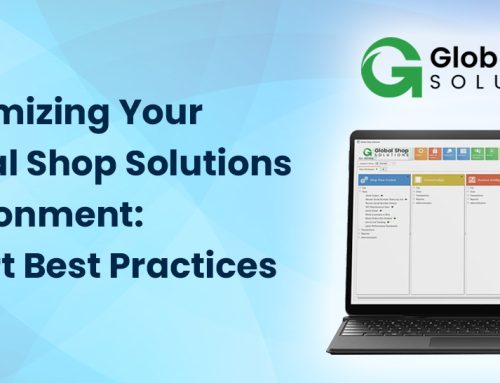 I read a meme recently that said something like “I want to put a smoke machine in my data center and show my customers “the cloud”. Truly, in the past four or five years, there has been nothing but the hype about this concept of “the cloud.” Adoption has been tremendous for hosted “or cloud” applications and infrastructure in the Enterprise space. But the financial and operational justifications for small and midsize businesses has been a little slower, why is this? From our experience, Software as a Service products like Office 365 are relatively easy to justify, because they are cheaper than buying hardware and hosting it in-house. However, moving servers or entire server closets has still not been justified in most cases for small and midsize businesses.
I read a meme recently that said something like “I want to put a smoke machine in my data center and show my customers “the cloud”. Truly, in the past four or five years, there has been nothing but the hype about this concept of “the cloud.” Adoption has been tremendous for hosted “or cloud” applications and infrastructure in the Enterprise space. But the financial and operational justifications for small and midsize businesses has been a little slower, why is this? From our experience, Software as a Service products like Office 365 are relatively easy to justify, because they are cheaper than buying hardware and hosting it in-house. However, moving servers or entire server closets has still not been justified in most cases for small and midsize businesses.
Here is an example: we recently looked at moving a resource intensive software application out of a law firm office and into “the cloud” (public or private data-center) We looked to Microsoft Azure and a local data-center solution as possible hosting providers. Both solutions were going to run between $350 and $500/month. The cost of a server hosted in-house might be only $5000- $8000, and could conservatively last four to five years. So the justification would need to come from elsewhere.
What are several signs it’s time to move your SMB to the Cloud (even if it doesn’t pencil)?
1. Your Business is in Transition
We work with many companies who are actively evolving or altering their business models, operating structure or market strategy. This is a time where hosting servers, applications or other infrastructure can make strategic sense. It allows the business to remain flexible and nimble (and minimize capital expenses) for whatever time is required to re-chart the business path.
2. Your Primary Business Application is in Transition
In the case of the law firm mentioned above, they use a very “mature”, powerful and generally reviled software that is effective but not ideal for the type of law they practice. Moving from this software is a major undertaking and has significant risk, so hosting the application in the cloud, rather than on-premise, may be a good transition strategy until they can do more due-diligence and thoroughly evaluate their options.
3. You have a Decentralized Workforce
More and more companies we work with take advantage of the inexpensive and fast internet now widely available and allow their employees to work from anywhere. This is a strategic decision with pros and cons, but it saves numerous expenses like rent, parking, travel time, office supplies, utilities, etc. In this case, hosting the entire business in the cloud can make a lot of sense, and is a worthwhile additional expense because the performance is better and the business saves costs in so many other ways.
If one or all three of these signs apply to your business and you’re in need of consulting with a service provider who knows how to make this transition work, contact Upward today. We’re here to make these kinds of business decisions as easy to execute as possible.






Leave A Comment